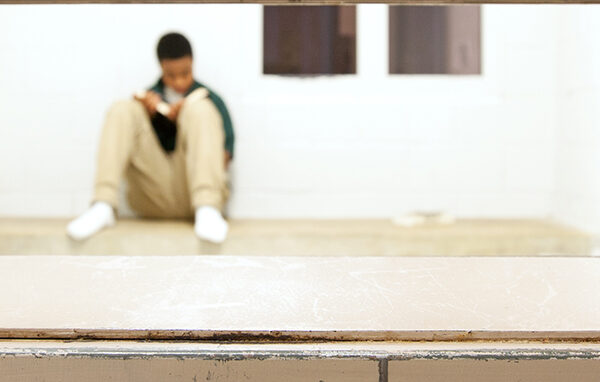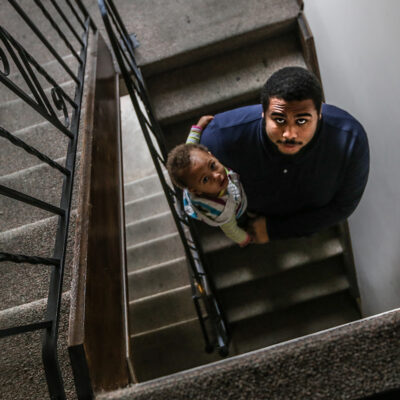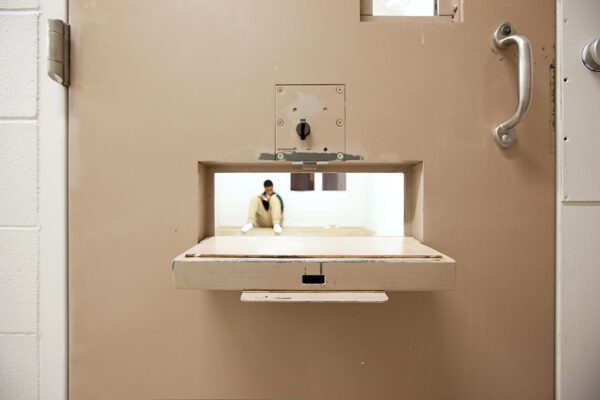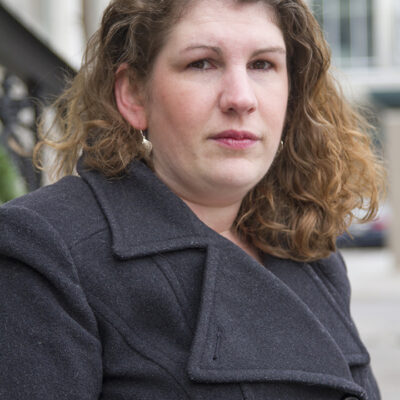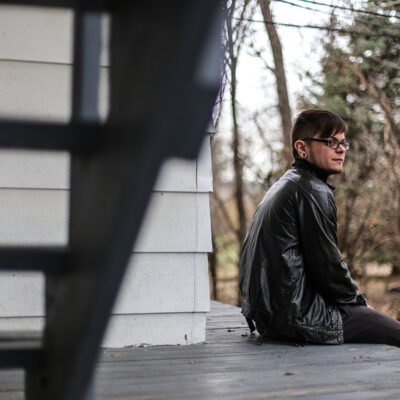Ask a teen what they want most and you might hear about the newest video game. When I started high school, I just wanted to be able to talk with my friends and family normally again.
In my teens, I went to medical lockdown (solitary) at first because of an injury to my leg. They had our water off for 3 days straight, so a few of us were angry and pounded on the doors and they charged me with inciting a riot, keeping me in solitary for 90 days.
It was 23 hours a day alone - no TV or radio. I had one book, a blanket, a mat and a toothbrush. No art materials, no hobby items— everything was considered contraband. Instead of school, they’d bring a packet of handouts with no instruction or guidance. One hour a day, I could go to the gym still isolated from my peers.
Pacing from one wall to the next and imagining I was one of the Hardy Boys was the only escape I had. I had nightmares. They kept the light on and woke us up hourly so you’d never get any good sleep. The only chance I had to talk with others was risking talking through the vents in the cells.
They never even offered to have me speak to a counselor or anything while in solitary, but therapy probably wouldn’t have worked for me anyway. I wasn’t going to open up to the people who put me in a cage.
When I left the youth center a couple weeks before school started, I immediately questioned the point of school. Solitary affected all my relationships. Friends and family who were close before just weren’t when I came back.
I went back to the youth center and ended up in solitary two more times in my teens. Older kids in the center attacked me. I fought back. At 17 I had learned that when you are in the youth center, you have to react to things like that.
I now have my own daughter and work with kids who, like me, were in the foster care system.
The kids in juvenile facilities weren’t born tough or angry. These kids were dealing with abandonment and depression and abuse. Lockdown brings out all these demons. You’re a kid, you don’t even know how to deal with normal emotions yet—then you’re sitting there by yourself, nowhere to go and every negative thing you’ve been told about yourself seems to be coming true.
Every time I look at the news, someone I was in jail with or someone I mentored is going to prison for life. They go to the system for correction—they go in as sheep—and they come out as wolves. If a factory pumped out a bad product over and over again, you wouldn’t blame the product, you’d go back to the factory and try to fix that instead.
It is tough revisiting the time I spent in solitary, but I share my story in the hope that you will work with the ACLU to ensure that a young person who needs help with their demons gets it – instead of being locked in a cage.
Read more stories of Nebraskans who spent time in solitary confinment when they were kids and sign our petition to take action.

